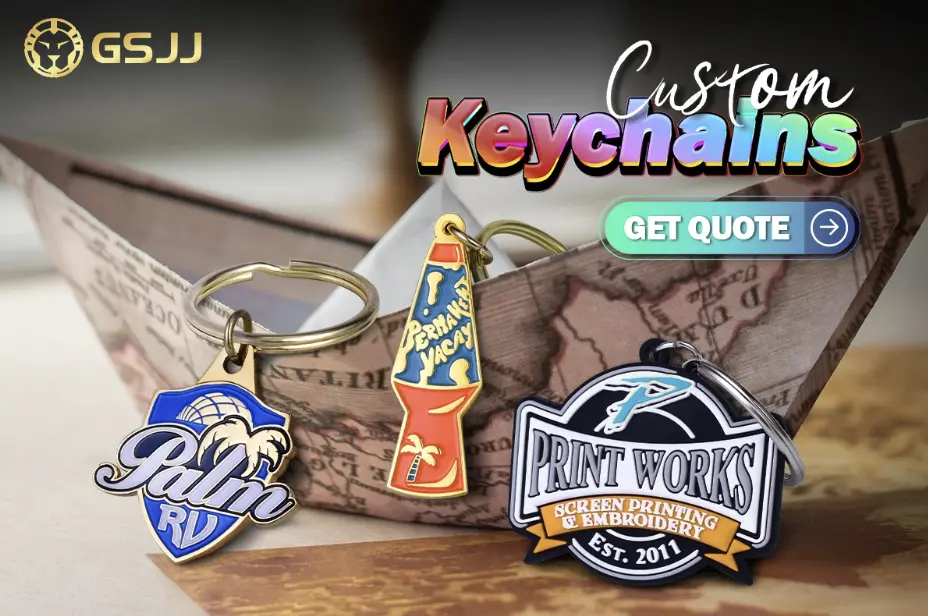In our hyper-connected world, instant messaging has become more than just a convenience—it’s an essential part of digital communication. Among the many available platforms, WhatsApp stands out as one of the most widely used messaging apps globally. From casual conversations to customer service interactions, WhatsApp is at the heart of personal and professional communication alike. But for businesses looking to engage at scale, they often rely on a crucial component: WhatsApp Partners. These partners help brands unlock the full potential of WhatsApp, turning it into a dynamic tool for engagement, marketing, and customer support.
What Are WhatsApp Partners?
WhatsApp Partners, also known as WhatsApp Business Solution Providers (BSPs), are authorized third-party vendors that help businesses connect with users via the WhatsApp Business Platform. These companies serve as intermediaries, offering the infrastructure, compliance, and integration support necessary for organizations to interact with customers at scale while adhering to WhatsApp’s policies and guidelines.
Unlike the standard WhatsApp Business app, which is ideal for small businesses, the Business Platform is built for medium to large enterprises that need a more robust and feature-rich way to engage with their users. This is where WhatsApp Partners come in—they enable businesses to manage thousands of conversations, automate interactions with chatbots, and integrate messaging into CRM systems and marketing campaigns.

Why Businesses Need WhatsApp Partners
At first glance, it may seem like setting up WhatsApp communication should be simple. But for enterprises that serve millions of customers, scalability and compliance are key concerns. Here’s why WhatsApp Partners are indispensable:
- Technical Integration: Partners provide the Application Programming Interfaces (APIs) needed to connect WhatsApp with internal systems like CRMs, ERPs, or customer data platforms.
- Compliance and Security: WhatsApp has strict security guidelines. Partners help ensure data privacy, encryption, and user consent management are seamlessly handled.
- Automation and AI: From chatbots to natural language processing, partners help automate customer support and engagement, reducing operational costs.
- Analytics and Insights: Most partners offer dashboards and analytical tools that provide real-time metrics to measure performance and user engagement.
- Scalability: These providers allow businesses to handle a high volume of communications without losing the personal touch or experiencing service interruptions.
Types of WhatsApp Partners
Not all WhatsApp Partners serve the same purpose. Here’s a breakdown of the primary types of partners and what they specialize in:
- Technical Solution Providers: These include SaaS platforms and API-first companies that help businesses integrate WhatsApp into their digital ecosystems. Examples include Twilio, MessageBird, and Vonage.
- Marketing and Engagement Partners: These partners focus more on customer campaigns and journey orchestration. They help businesses use WhatsApp for promotional messaging, loyalty programs, and event tracking.
- Local and Regional Partners: Especially beneficial for businesses in developing regions, these partners offer localized support, multi-language integration, and understanding of regional compliance requirements.
- Omnichannel Communication Platforms: These partners provide a complete suite of messaging solutions, integrating WhatsApp with additional channels like SMS, Facebook Messenger, and email.
In addition to the aforementioned marketing options with the help of WhatsApp partners, businesses can also try customized promotional keyrings. These can be customized in a variety of colors, shapes, and sizes, and can be enhanced with your business’s website, name, and other elements. Keyring customization is quick and efficient, and you can expect your promotional keyrings in no time.
Custom keyrings not only attract clients with their decorative and practical appeal, but also allow them to become evangelists for the business through their everyday use. Furthermore, when others notice keyrings, they may become curious and proactively learn more about your business, maximizing the reach and effectiveness of your marketing campaigns.
 What to Look for in a WhatsApp Partner
What to Look for in a WhatsApp Partner
Choosing the right partner can significantly impact your communication strategy. Here are some key criteria to consider during selection:
- Reliability and Uptime: Ensure the partner has a strong track record of platform stability and uptime, especially during peak hours.
- Customizable Features: Look for platforms that offer flexibility—whether in chatbot design, template customization, or integration with third-party tools.
- Regulatory Expertise: GDPR compliance, data storage capabilities, and user consent protocols should all be provided out-of-the-box.
- User Experience: The interface should be user-friendly for both the development team and non-technical users like marketers or customer support agents.
- Customer Support: Availability of 24/7 support or a robust ticketing system is crucial for mission-critical applications.
How WhatsApp Partners Enhance Digital Communication
One of the greatest strengths of WhatsApp Partners is their ability to transform digital communication into a seamless, intuitive experience. Here are several ways they accomplish this:
- Proactive Engagement: With automated messaging, businesses can send appointment reminders, payment confirmations, and progress updates without manual intervention.
- Rich Media Messaging: Partners enable the use of media formats like images, documents, and interactive buttons to enhance the customer experience.
- Real-Time Customer Support: Integrated support systems allow agents to talk to customers in real time, reducing friction and resolution time.
- End-to-End Journeys: From discovery to purchase and post-sales support, WhatsApp Partners ensure that every step of the customer journey happens within a single interface.

Case Studies of WhatsApp Partner Success
Businesses across industries have turned to WhatsApp Partners to revolutionize their communication strategies. Let’s look at a few notable examples:
1. KLM Royal Dutch Airlines
KLM teamed up with a WhatsApp Partner to deliver real-time flight updates, booking confirmations, and boarding passes directly to passengers via WhatsApp. This initiative significantly improved customer satisfaction and operational efficiency.
2. Uber
Uber integrated WhatsApp to allow users in India to book rides, receive driver information, and interact with support—all without downloading the Uber app. Their chosen partner enabled secure and efficient integration within days.
3. HDFC Bank
One of India’s largest banks, HDFC used WhatsApp Partners to automate services like balance inquiries, mini-statements, and credit card applications. This led to faster response times and elevated user engagement.
Popular WhatsApp Partners You Should Know
If you’re considering leveraging WhatsApp for your business, here are a few reliable partners to explore:
- Twilio: Known for its developer-friendly APIs and global reach.
- 360dialog: Offers a direct API to WhatsApp Business and focuses on e-commerce integrations.
- Infobip: A leading cloud communications provider offering omnichannel engagement via WhatsApp and others.
- WATI: Tailored for SMBs, providing easy-to-use WhatsApp CRM solutions.
- Zoko: Particularly strong in enabling WhatsApp commerce and personalized messaging for D2C brands.
The Future of WhatsApp and Its Partners
The evolution of digital communication continues at a rapid pace, and WhatsApp isn’t slowing down. With constant updates, new features like in-chat payments, catalog browsing, and conversational commerce aim to make WhatsApp a comprehensive platform for customer interaction.
As a result, WhatsApp Partners will play an increasingly critical role. Their ability to blend technology, compliance, and customer centricity will determine how successfully businesses navigate this next chapter in digital engagement.
Moreover, with AI-driven innovations such as sentiment analysis and predictive engagement, we can expect WhatsApp Partners to offer even more sophisticated tools that harness deeper data insights to make communication smarter and more impactful.
In conclusion, whether you’re a startup looking to establish customer trust or a multinational aiming to optimize service workflows, choosing the right WhatsApp Partner can be a transformative decision. These partners not only simplify the technical challenges but also empower businesses to build meaningful, lasting relationships with their customers—at scale, in real time, and with measurable success.




